Intel, Qualcomm try to wean auto companies from dependence on obsolete technology.


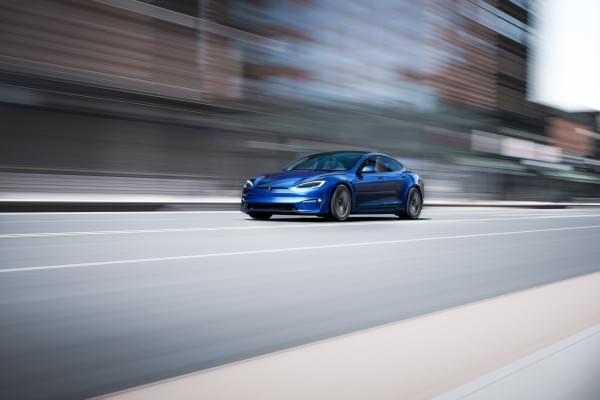
Get ready.
Tesla CEO Elon Musk said the company will use personal driving data to determine whether owners who have paid for its controversial “Full Self-Driving” software can access the latest beta version that promises more automated driving functions.
Musk tweeted late Thursday night that the FSD Beta v10.0.1 software update, which has already been pushed out to a group of select owners, will become more widely available starting September 24.
Owners who have paid for FSD, which currently costs $10,000, will be offered access to the beta software through a “beta request button.” Drivers who select the beta software will be asked for permission to access their driving behavior using Tesla’s insurance calculator, Musk wrote in a tweet.

We haven’t seen many bikes that combine as many disruptive tech ideas as the WMC250EV electric land speed record challenger that was revealed in June, and now that machine has shown it’s for real. The bike has flown through its first testing stage to prove it’s on target for the goal of hitting more than 250 mph during a record attempt next year.
White Motorcycle Concepts’ radical 250EV land speed racer is hitting its testing goals with flying colors, and is on track to attempt a world record in 2022.

GM Defense, a subsidiary of General Motors, was recently awarded a contract to develop next-generation SUVs for the government’s fleet.
This specific contract was awarded by the US Department of State, and the vehicles will be built to support the Diplomatic Security Service. Diplomatic Security is a federal law enforcement agency charged with securing diplomatic assets and personnel. In 2,020 GM Defense also got the contract to build the army’s new infantry squad vehicle based on the Chevrolet Colorado ZR2. That particular contract was more extensive and, at the time of writing, valued at $213.4 million. The eventual goal was 2,065 vehicles.

Microsoft on Wednesday announced a new passwordless mechanism that allows users to access their accounts without a password by using Microsoft Authenticator, Windows Hello, a security key, or a verification code sent via SMS or email.
The change is expected to be rolled out in the coming weeks.
“Except for auto-generated passwords that are nearly impossible to remember, we largely create our own passwords,” said Vasu Jakkal, Microsoft’s corporate vice president for Security, Compliance, and Identity. “But, given the vulnerability of passwords, requirements for them have gotten increasingly complex in recent years, including multiple symbols, numbers, case sensitivity, and disallowing previous passwords.”
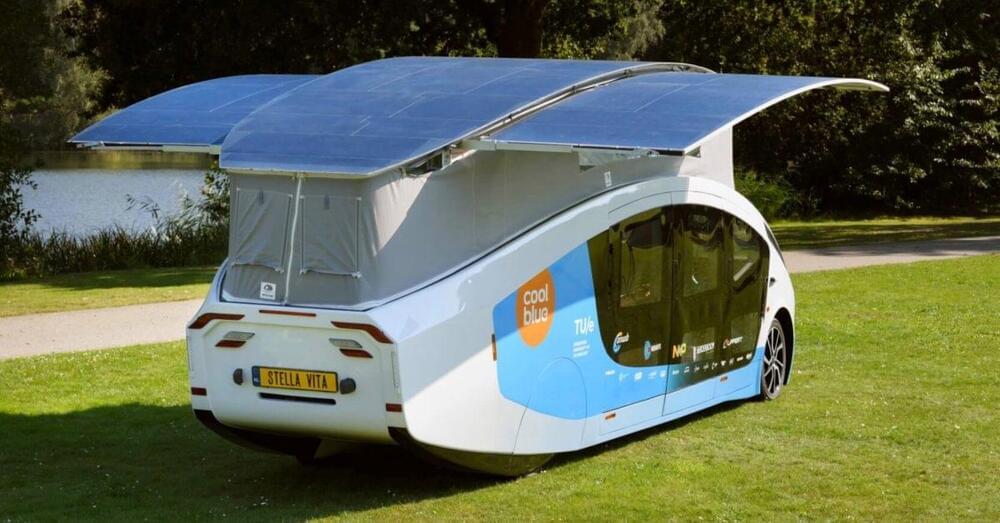
A new electric solar car project with a living extension and expandable solar panels is giving us a glimpse into what the future might hold for RV/van life.
Solar Team Eindhoven, a group of engineering students from the Technical University of Eindhoven (Netherlands), is probably the most famous team that has competed in the World Solar Challenge, a competition to create super-efficient solar cars.
The people behind Lightyear came up from that team, and now they are trying to use the knowledge acquired through the creation of the original Stella and Stella Lux solar cars to bring to market a road-legal solar car.
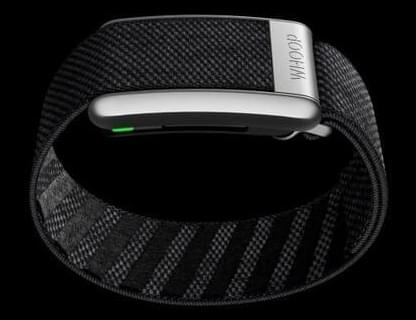
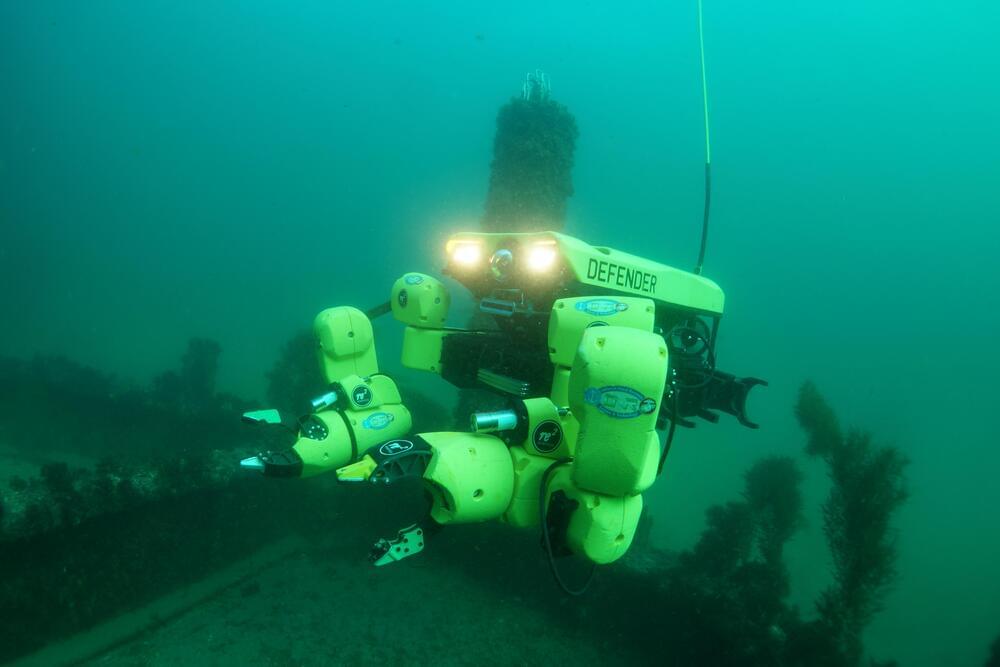
It goes without saying that the neutralizing of underwater mines is a dangerous task – definitely one that you’d avoid sending a scuba diver to do, if at all possible. That’s why Pittsburgh-based RE2 Robotics is designing a robotic system to do the job.
Drawing on a US$9.5-million contract recently awarded by the US Office of Naval Research (ONR), RE2 will act as the systems integrator for the autonomous robotic Maritime Mine Neutralization System (M2NS).
In a nutshell, that system will consist of a set of RE2’s Sapien Sea Class robotic arms, mounted on a Defender ROV (remotely operated vehicle) manufactured by Pennsylvania-based VideoRay. M2NS will also incorporate RE2’s Detect computer vision software for locating mines, and its Intellect autonomy software for placing “neutralizing devices” on them.
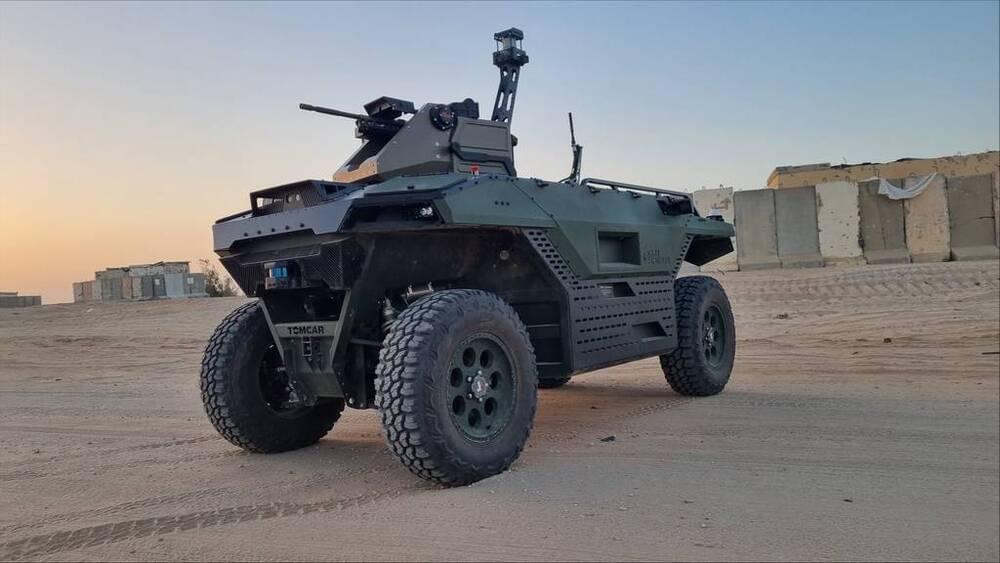
WASHINGTON — Israel Aerospace Industries will debut REX MK II, its newest ground robot set to be fielded to British troops, at DSEI, the London-based defense exhibition, which begins Tuesday. IAI signed a contract with the UK in the second quarter of the calendar year and has sold the vehicle to other European countries, Rani Avni, IAI’s deputy general manager for robotics and autonomous systems, told Defense News in a Sept. 12 interview ahead of the show. He declined to identify the other countries.
Israeli defense company unveils its latest ground robot at DSEI as market for light robotic combat vehicles heats up in the European theater.
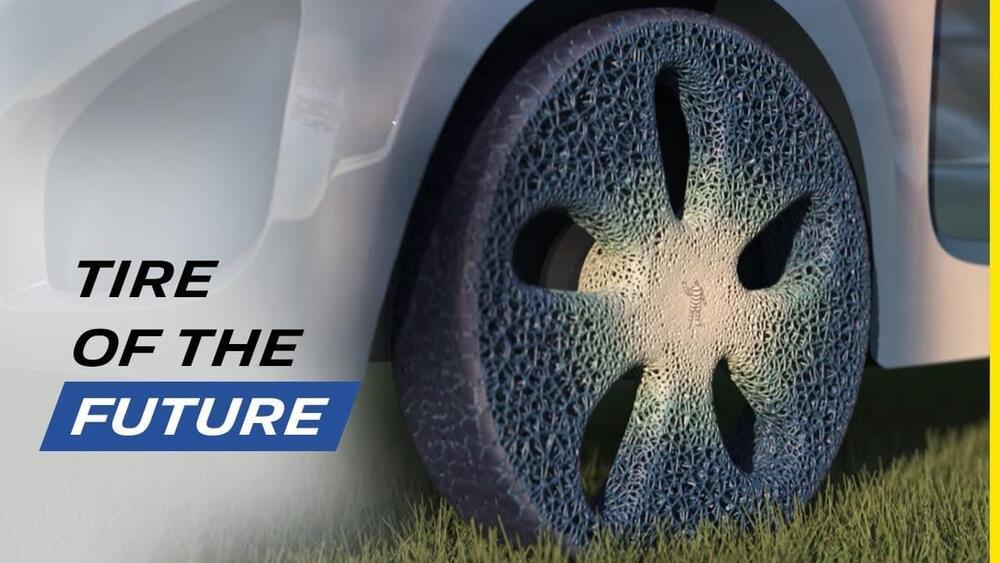
Puncture-proof tires have been an intriguing concept for many years. Tire maker, Michelin, has been working on it since 2005 and after more than a decade of work, it is now closer to reality. The company took its puncture-proof tires for a spin for the first time, on an electric vehicle, in line with the company’s goals of being more sustainable in the future.
More than three billion tires are produced annually around the world. Once beyond their lifetime, these tires usually end up in landfills. They are also at risk of catching fire and releasing toxic fumes into the atmosphere. Like with other things manmade, one way of making tires more eco-friendly is to make them out of naturally occurring material. The second is to reduce instances that cause wear and tear and render the tires useless. French tire manufacturer, Michelin, is using both these approaches to make its tires more ‘green’ in the future.
Through its Vision Concept, the company wants to make tires that are airless, rechargeable, connected, and sustainable. The Unique Punctureproof TIre System (UPTIS) is the airless tire that, thanks, to its unique design, does not require air filling and, never gets punctured either.